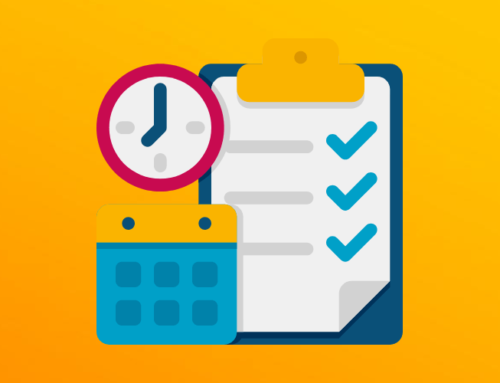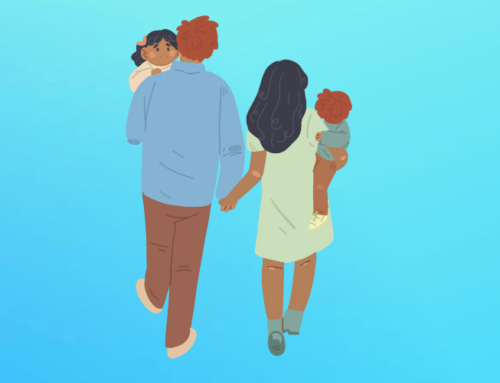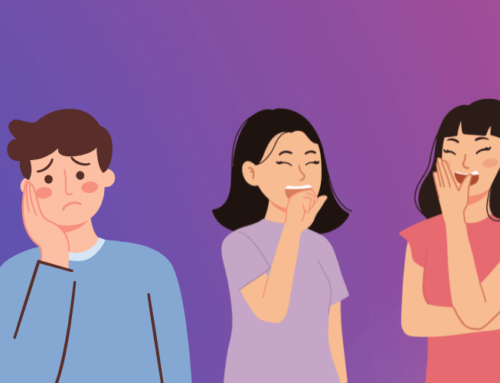Mental health is essential to a person’s life in the same way as physical health. Hesitation to talk about mental health adds to the notion that the topic is taboo. It is important to normalize conversations surrounding mental health so people can feel empowered to seek the help they need. The resources below from our friends at SAMSHA can help you feel more informed to talk about mental health with the people in your life who may need your support.
The information about how to talk about mental health is courtesy of our friends at SAMHSA here.
For People with Mental Health Problems.
If you have, or believe you may have, a mental health problem, it is helpful to talk about these issues with others. Learn more about building a strong support system and developing a recovery plan.
For Young People Looking for Help.
Mental health problems don’t only affect adults. Children, teenagers, and young adults can also have mental health problems.
For Parents and Caregivers.
It can be hard to talk to your child, dependent, or person you are caring for about mental health problems. Get tips for starting the conversation.
For Friends and Family Members.
Anyone can experience mental health problems. Friends and family members can make all the difference in a person’s recovery process. Learn how to support your friends and loved ones as they look for help with their mental health problems.
For Educators.
Educators are often the first to notice mental health problems. Find out about mental health problems, what you can do, and how to develop effective strategies to meet the mental health needs of your students.
For Community and Faith Leaders.
Before they turn to a health care professional, many people may turn to community and faith leaders when facing mental health problems or traumatic events. Learn how to support mental health in your community.
Learn more about how to talk about mental health from SAMHSA here.









